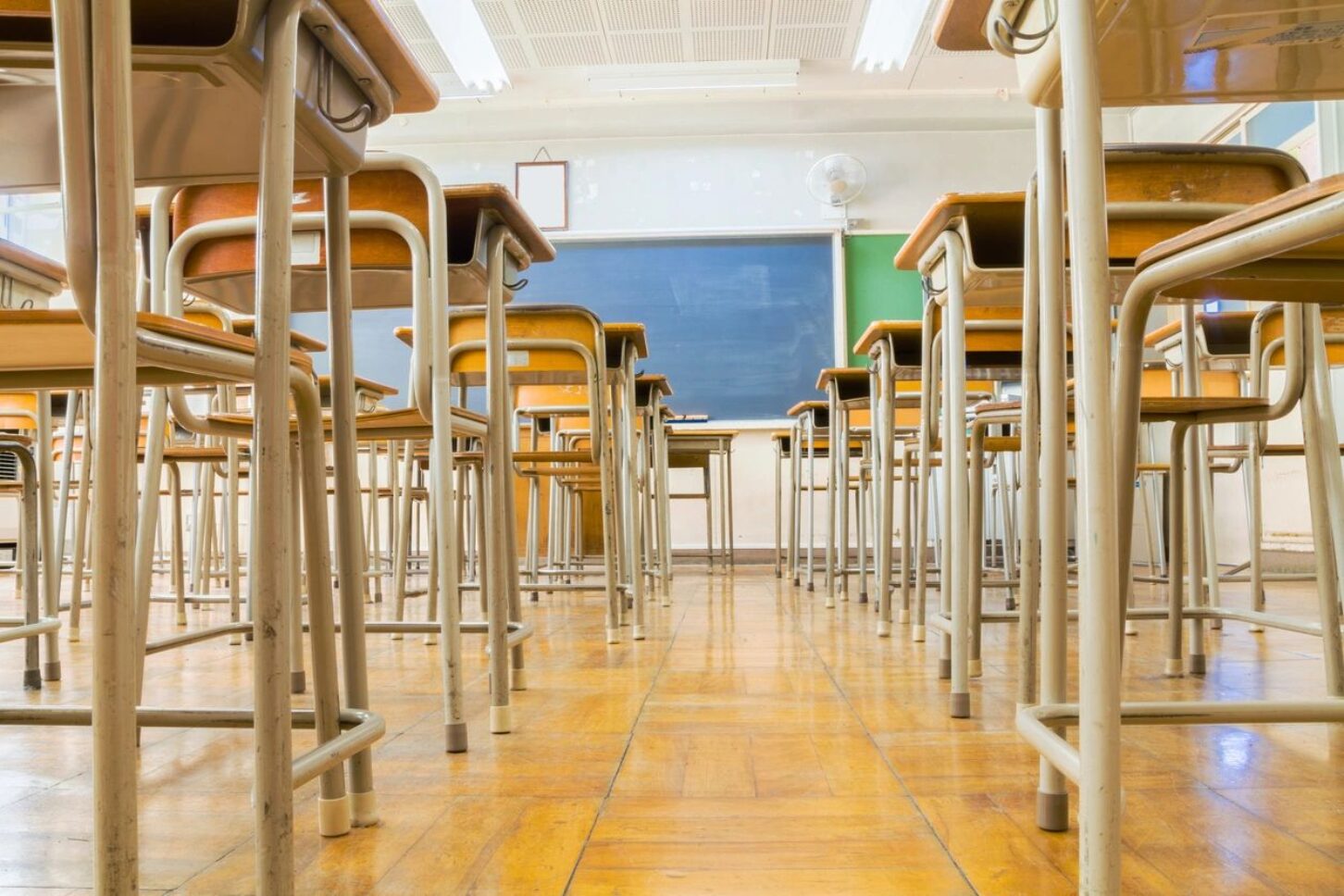
Education, a priority for the Georgia Public Policy Foundation since its founding in 1991, is foremost in the minds of Georgia’s families, who face unprecedented uncertainties in the new school year amid the havoc wreaked by COVID-19.
Across Georgia’s 181 public school districts are 2,200 schools, 115,000 teachers and 1.6 million students dealing with the dilemma of when to return to class and how. How do you ensure every child thrives and succeeds – academically, socially and emotionally – without endangering students or staff as health officials tackle the public health crisis?
U.S. Secretary of Education Betsy DeVos was the opening keynote speaker this month at the 2020 Georgia Legislative Policy Forum, which the Foundation has hosted since 2010. (View “An Education Conversation” here.) DeVos highlighted technology’s role in facilitating distance learning and enhanced education options but noted, also, that such opportunities are uneven across the nation in both education and technology. She insisted children should be able to return to classrooms, not just for education but – for many – for their healthy development.

“We know, especially for kids from the vulnerable situations – from low-income backgrounds, those who don’t have a lot of resources – we know that those are the ones that are the most negatively impacted by not having that school routine,” DeVos told Foundation President Kyle Wingfield in the July 15 Zoom event, streamed live.
DeVos urged districts to embrace flexibility, while returning to full-time, in-school learning, so schools can quickly “pivot” temporarily to distance learning if COVID-19 flared up in the area.
“We’re well into the 21st century and we look at how our world has changed in the last quarter-century, and how much is different than years ago, and yet how similarly we approach especially K-12 education,” she said.
“It’s time for us to introduce more opportunities and more perspectives and more approaches to preparing young people to be everything they can be in their futures, and to do so in a way that empowers families to make those choices and make those decisions on behalf of their kids that they know best,” DeVos said.
The Education Secretary highlighted existing public options – vouchers, charter schools and education savings accounts – and proposed another mechanism: the ability for taxpayers to voluntarily contribute to a federal tax credit scholarship pool, to be distributed to states willing to participate and expand choice for children.
That came up this week in the U.S. Senate, as Sen. Tim Scott (R-S.C.) introduced the Federal School Choice Now Act. The legislation would provide one-time, emergency appropriations funding for scholarship-granting organizations in each state, allowing parents to choose their child’s school; provide up to $5 billion in dollar-for-dollar federal tax credits for contributions to scholarship-granting organizations; and allow states to create their own tax credit scholarship program. (Georgia already has one.) It would also prohibit federal control of education, reassuring education providers and families wary of federal intervention.
Funding should be no concern as Georgia invests in its children: The latest pandemic emergency funding includes $105 billion for education, $70 billion of it for K-12 education. There’s a promising chunk of change for Georgia, which could dedicate funds to “catchup” scholarships or technology resources for struggling students.
With the Foundation’s deliberate decision to prioritize education in the eight-week Forum series, the second Forum event a week after DeVos was “Opportunities for Education Adaptation.” Speakers included moderator Eric Wearne, who wrote the book on hybrid schools; “The Libertarian Homeschooler,” Ana Martin; Angela Lassetter, head of school at Georgia Cyber Academy (Georgia’s largest online public charter school); Kelly Smith, founder of Prenda micro schools; and House Speaker Pro Tem Jan Jones. (View their discussion here.)
Martin and Lassetter both emphasized that online education is far more than the “emergency learning” students received during the pandemic.
Jones pledged to work to enhance Georgia’s education options but acknowledged that most children will eventually return to the classroom. “What we cannot lose sight of is the fact that many children – in a month – will not be in what many parents consider the best setting for them: a traditional school classroom. One size does not fit all; numerous children need a structured environment,” she said.
Georgia parents have much to consider in the next few weeks. Educators and policymakers can help by prioritizing and publicizing diverse, accountable opportunities for Georgia’s children, in technology, curriculum and academic achievement.